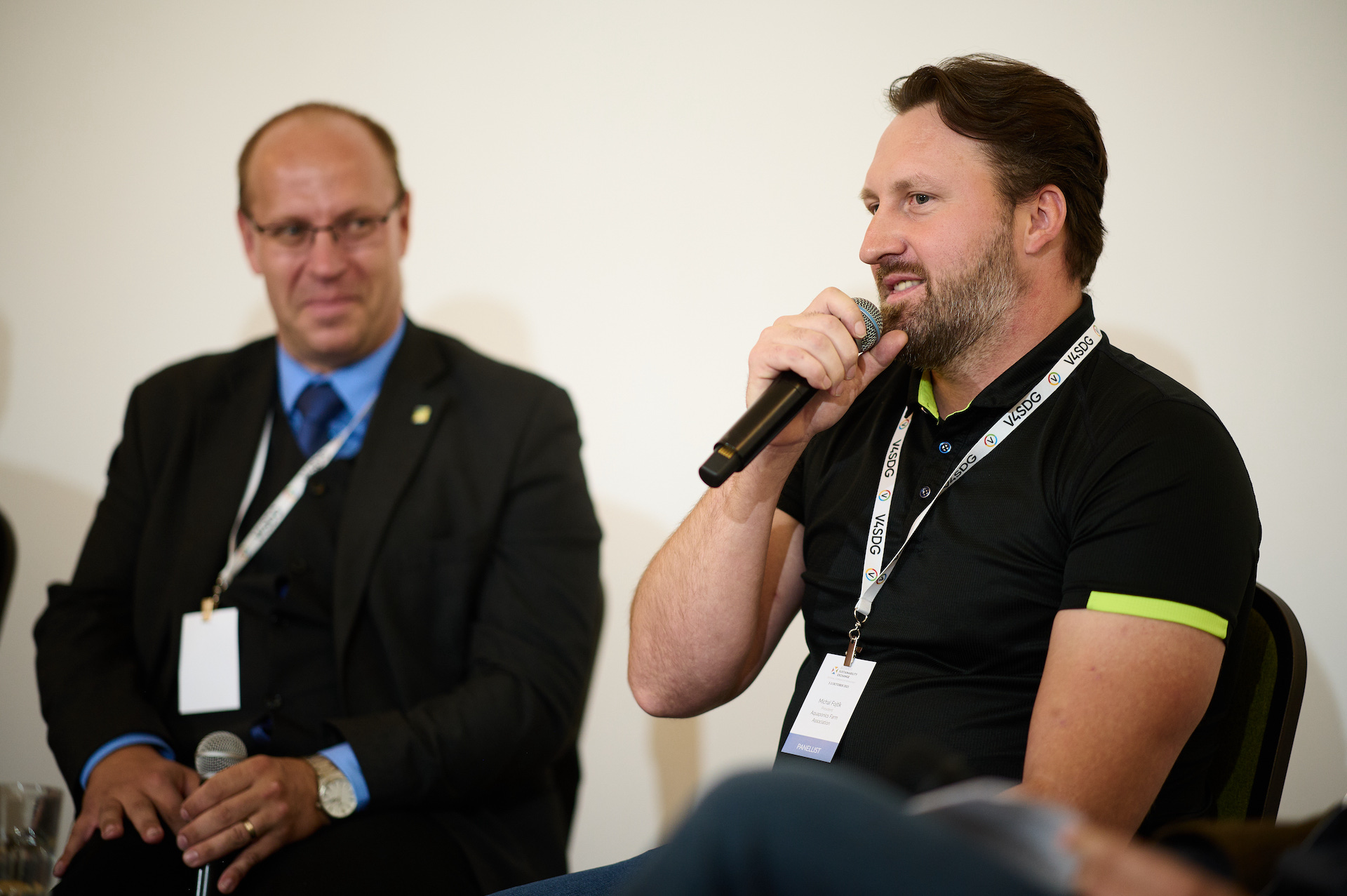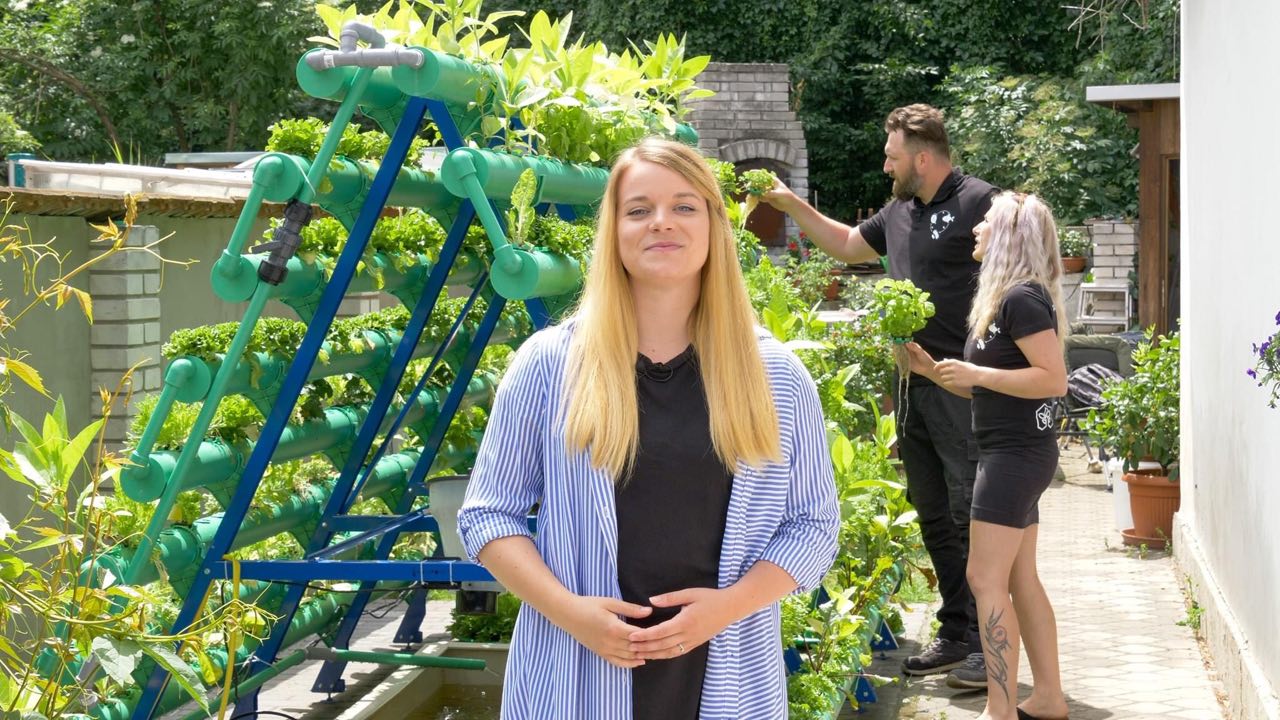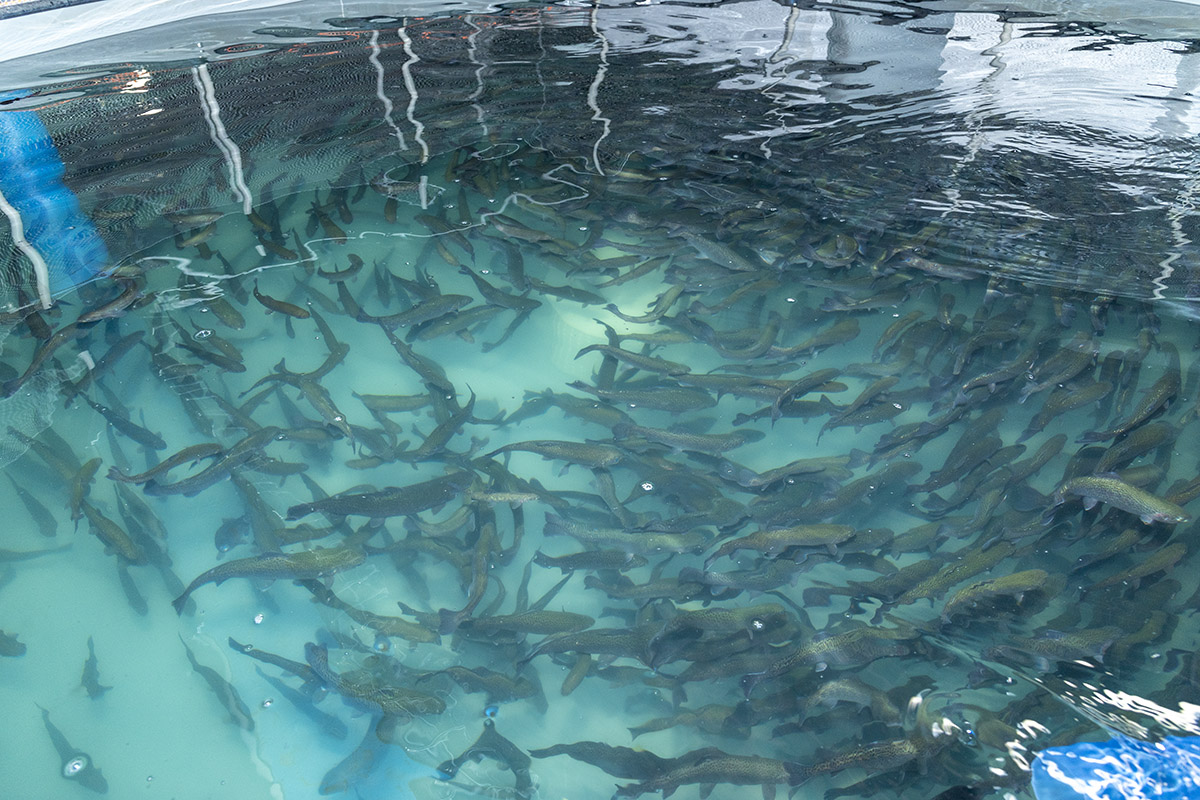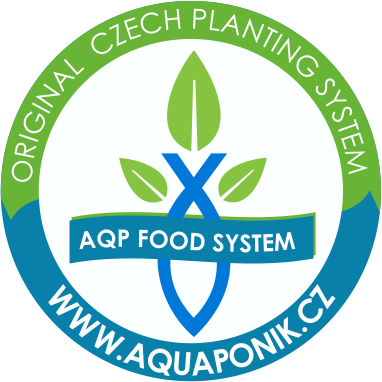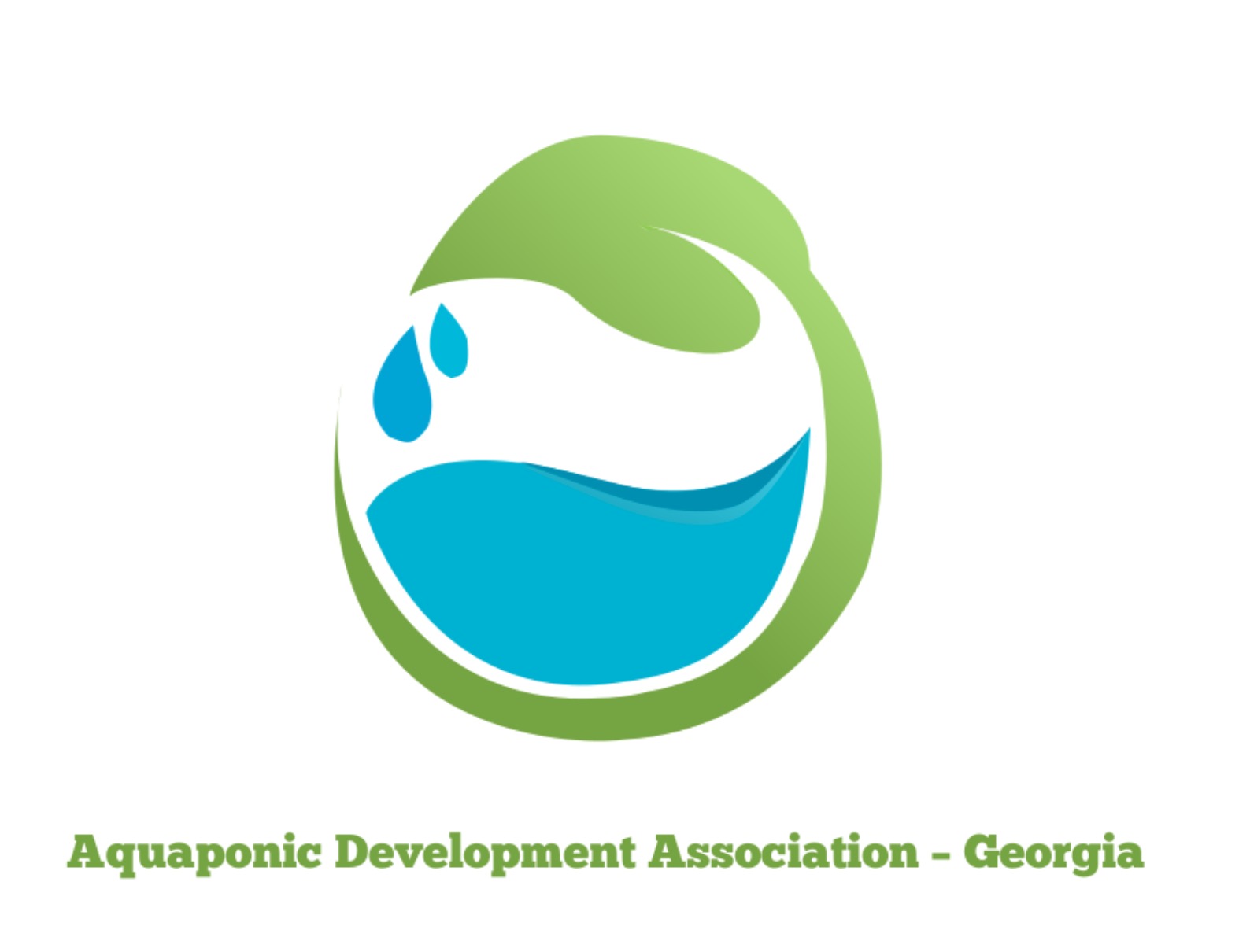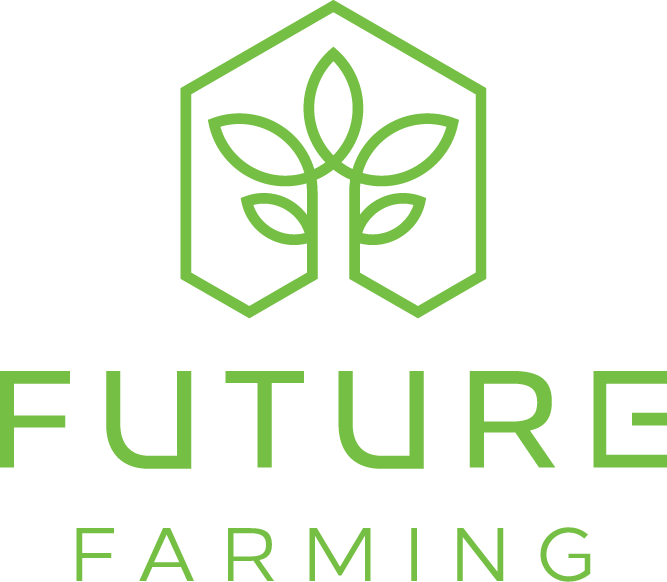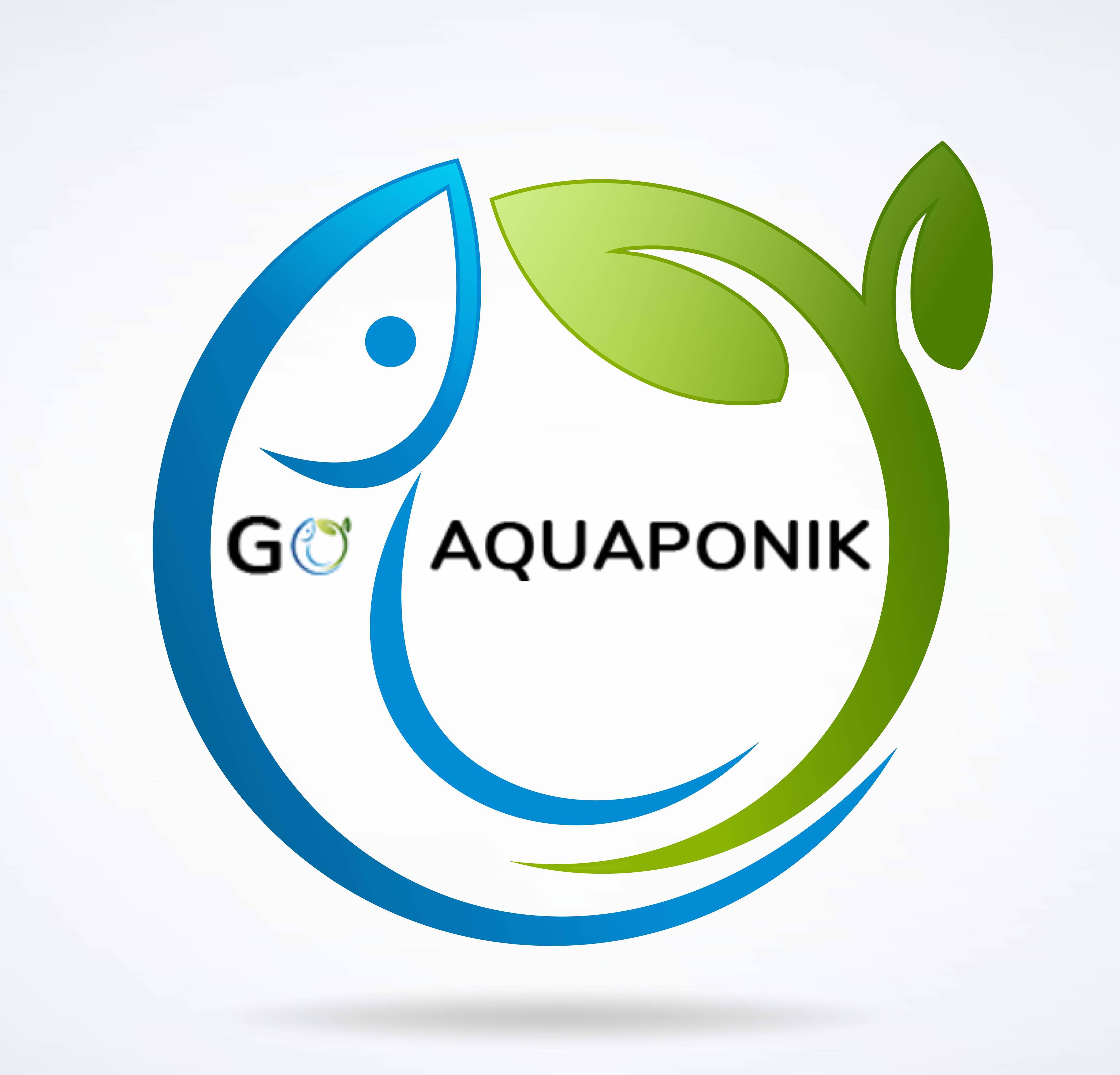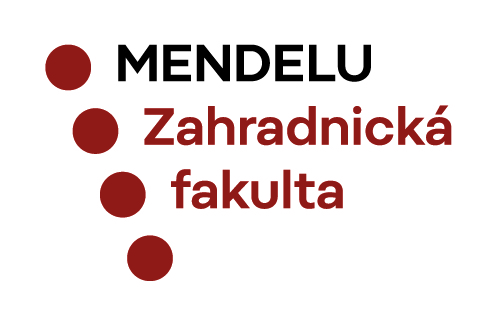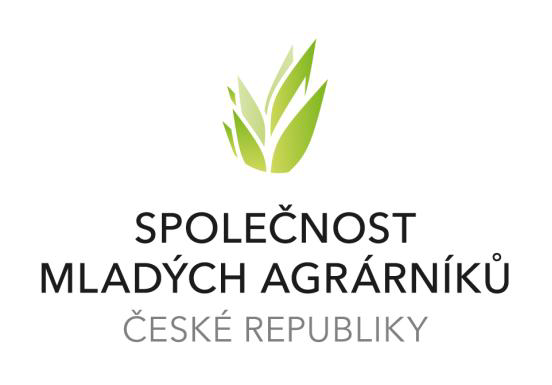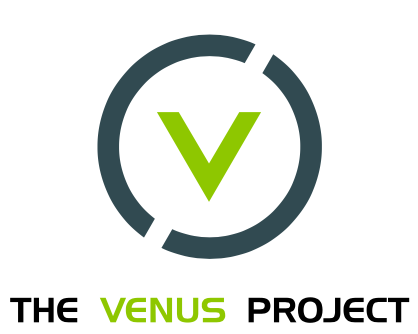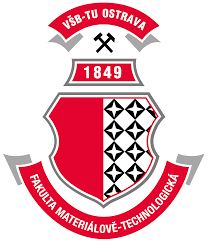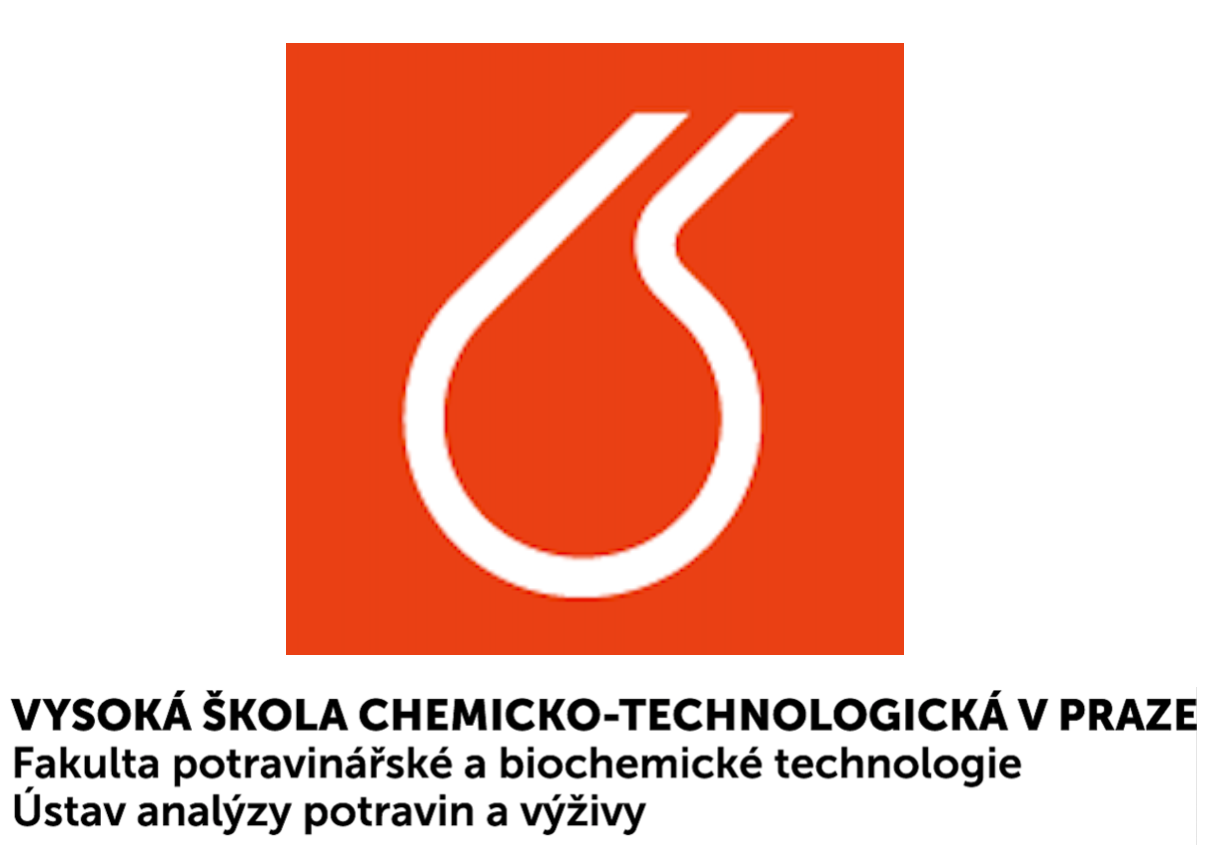BUDAPEST SUSTAINABILITY SUMMIT IN V4 COUNTRIES HAS REJECTED THE SUSTAINABLE GROWTH POLICY
Budapest Sustainability Summit
V4 countries has rejected the policy of sustainable growth
Our resources are not infinite, so the growth cannot be infinite either, participants agreed at the 7 October 2021 conference.
At the beginning of October, a conference on sustainable development in the Visegrad Four countries took place in Budapest. One of the participants of the conference was Michal Fojtík, co-founder of Future Farming and chairman of the Association of Aquaponic Farms in the Czech Republic. After returning from Budapest, Michal Fojtík found time for a short interview.
Mr chairman, let us start by asking who organised the V4 Conference on Sustainable Development?
The Budapest conference was organised by the international organisation Visegrad for Sustainability (V4SDG for short). It is an organisation that seeks to prepare the V4 countries for the conditions to achieve the Sustainable Development Goals set by the United Nations. V4SDG is a key platform in the field of sustainability in the Czech Republic, Poland, Slovakia and Hungary.
What were the main objectives of the Budapest conference?
The main task of the conference participants was to define goals and specific steps for solving environmental and economic problems in Central Europe. To take a closer look at the obstacles to sustainable development in the Czech Republic, Poland, Slovakia and Hungary and to plan specific steps that will bring self-sufficiency up to the level of today's technological progress.
What was your personal role at the conference?
Since the conference also included the field of agriculture, I spoke at the conference as a CEA expert, which is the English abbreviation for Controlled Environment Agriculture. That is, on food production in controlled environment systems.
In addition to your expert role, you are known in the Czech Republic as the chairman of the Aquaponic Farms Association and co-founder of Future Farming. Did you talk about aquaponics in Budapest?
Definitely. Food production in controlled environment systems is closely related to aquaponics. Therefore, the topic of aquaponics resonated very strongly at the conference in connection with the so-called Food Safety Protocol (a complex issue about the food supply). In a panel discussion led by the well-known zoologist Zoltán Fehér from WWF Hungary, aquaponics came up many times.
Did the conference meet your expectations?
I think so. We exchanged a lot of experience and agreed that politicians in all four countries, here, in Poland, in Hungary and in Slovakia, need to be in much closer contact with the scientific community. To understand all the environmental processes and threats that people in our country will face.
What interesting things were said?
The discussions can be divided into two levels. I would call the first one the philosophical-economic level. Here there was a clear consensus among the speakers. A policy of sustained growth on a planet with finite resources is nonsensical. It is an old and outdated idea that, unfortunately, many politicians and economists in the V4 countries still cling to.
Why is that?
Because of the lack of communication and education. For example, our Slovak colleague Martin Polovka believes that the main communication channels today are social networks. In a way, he is right, and we can see this in our communication in the Czech Republic as well. For example, the Czech Prime Minister or the Minister of Finance only communicate with people via Facebook. But for the scientific community, Facebook is a tabloid. Scientists should therefore come down from the pedestal of respectability and should be able to explain everything to everyone. To politicians as well as to ordinary people.
You mentioned two levels. Which was the other one?
The first one was directly related to the professional issue of agriculture. For example, the Hungarian colleague János Zlinszky told the harsh truth about the exhaustion of agricultural land. About how the soil today is full of chemicals and chemical elements and how this soil contaminates, for example, tomatoes without consumers knowing it. Raphael Podselver from ProVeg, an international organisation working to transform the global food system, raised the very sensitive issue of agricultural subsidies. In his view, there is a need to re-prioritise the European Union's subsidy policy.
Was there any consensus among the speakers?
There certainly was. I think everyone agreed on the need for broader and deeper transnational cooperation. The problems we face in polluting nature are common and we should work together to solve them, not each on our own little patch of sand. There was also agreement that we need to speed up the adaptation processes.
Was there anything at the congress that surprised or startled you?
Probably not. Rather, it was interesting for me to watch not only our panel on agriculture, but also the other panels that addressed other issues. For example, waste treatment technologies or the issue of new technologies in the energy sector. For example, transparent solar panels or the production of hydrogen fuel cells. These topics are of immediate relevance to me, because our vision at Future Farming is a completely autonomous energy farm that uses only green energy to operate.
All the topics you mentioned are very serious and grave. I assume you didn't have much fun at the conference.
It would be easy to slip into pessimism at a time when V4 governments are often reticent about sustainability policy. But we tried to look at the problems optimistically. Sometimes we even laughed. For example, when Martin Polovka talked about the need to make agriculture more attractive to young people. But he said we can't do that by putting wifi in the village. I was very amused. He's right, of course. Young people from the villages are fleeing to the cities and farming is an old-school discipline for them. It's one of the big global problems everywhere.
What conclusions were adopted by the conference participants?
I think the conference was very important. It set the main parameters of cooperation between the V4 countries and became a fundamental point in mutual cooperation. The next steps will be the signing of a memorandum on the set objectives and the establishment of international teams to address specific issues. With Czech participation, of course.
Author of the interview Martin Procházka, translate by Pavel Kučera

